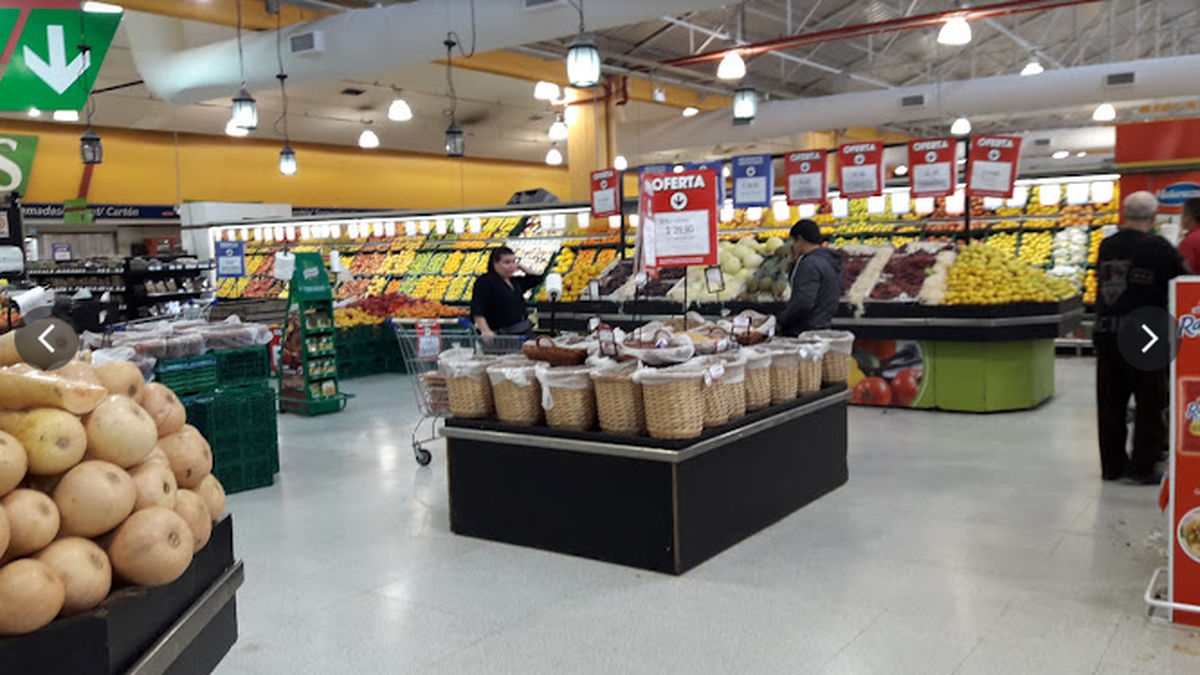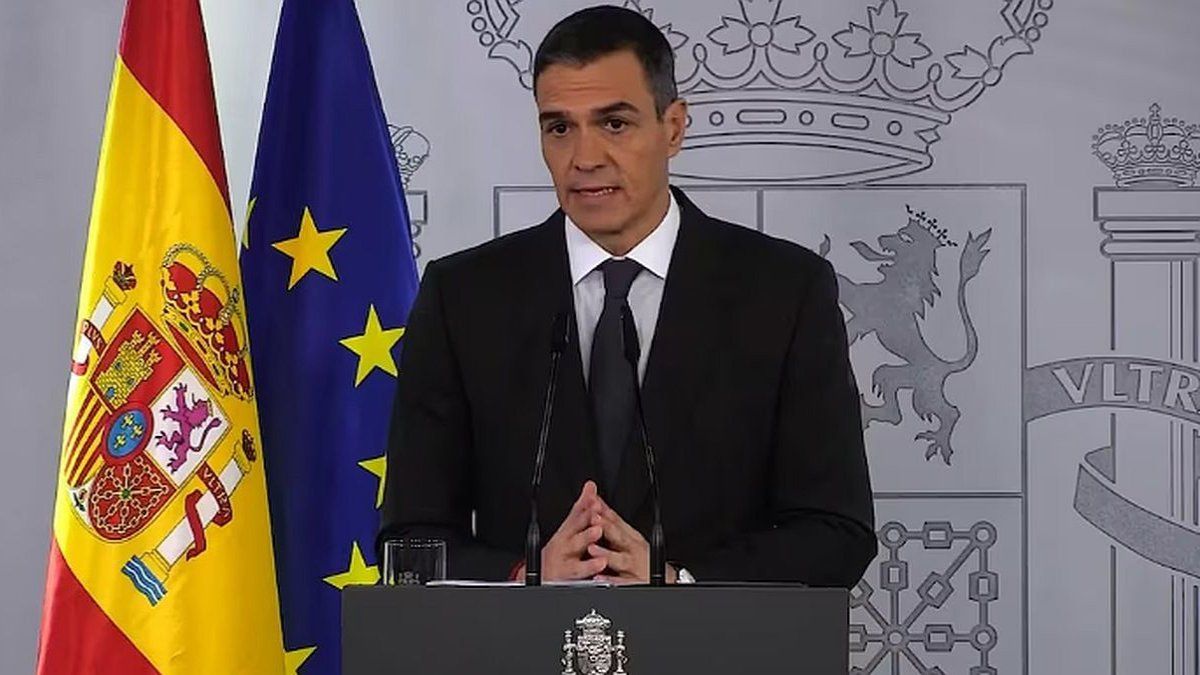After the unexpected setback that the company suffered Exxon in 2021 on behalf of the Supreme Court of Justice of the Province of Buenos Aires –which ruled in favor of the municipality of Quilmes in a lawsuit for alleged improper collection of the Safety and Hygiene Tax – private sector companies stopped filing lawsuits to challenge taxes. But now they seem to be recovering spirits with the support of the Government.
Three leading supermarket chains began to develop a strategy to advance against the Safety and Hygiene Rate from Lanús, as confirmed Scope from business sources.
It is a modality that spread, not only throughout the Buenos Aires territory, but also It was adopted in other provinces such as Santa Fe and Córdoba. The deliberative councils approve fees for certain types of service, the value of which is not set based on the task that requires such service, but rather by applying an aliquot to the billing.. That in itself constitutes a tax that municipalities could not collect. That is to say, They tax an economic manifestation with a rate.
Constitutionally, communes cannot do that but only charge fees for certain services, such as lighting, sweeping or waste collection. The price of the service is the same for everyone, regardless of what the neighbors on the block earn.
That is why when in 2021 the Supreme Court ruled in favor of the oil company, which at that time had the Esso service stations, it was unexpected. and that inhibited other companies in a similar situation from continuing to litigate.
A renewed claim
but with the Government’s political definition of preventing the fiscal space that the Nation plans to leave from being occupied by the municipalities and provinces, now companies are once again daring to challenge judicially. In this case it is about the Coto, Vea and Chango supermarketsMore from Lanús against the commune for the Safety and Hygiene Tax. A few months ago, the three establishments displayed signs on their doors in protest telling customers that they were transferring the new tax cost to the price.
Sources from the supermarket sector confirmed to Ámbito that they are following “all formal steps” to try to overturn the tax. They have presented to the Ordinary justice of the province claims for unconstitutionality. It is a necessary step, because in reality, judges are expected to reject the claimbased on the jurisprudence of the provincial court. Once that moment has passed, they are determined to appeal to Federal Justice, where the situation changes dramatically.
since For more than a month, Banco Nación has been getting, week after week, federal judges to stop different types of rates that the communities charge the entity for the loans it grants. The most recent is that The Federal Court of the City of Rafaela, headed by Marcelo Bailaque, granted a precautionary measure requested by Banco Nación to suspend the rates charged to the entity by the Municipality of that city.. The Bank’s arguments are based on the fact that the ordinance that supports this rate is unconstitutionalwhich impose a disproportionate municipal tax on a tax base that exceeds the activity that the entity has in that locality and that the final effect is an increase in credit costs. The BNA has long been adding records of this type also in districts of Córdoba.
According to the lawyer specialized in tax issues Diego Fraga, by adding cases there is the possibility of advancing in federal jurisdiction. The other part of the argument is that Article 9 of the Co-Participation Law states that by adhering to The provinces, autonomous organizations and municipalities thereof undertake not to apply taxes or fees “analogous to national ones.” that are shared.
For this the Nation should make a presentation to the Federal Tax Commissionwhich regulates the fiscal relationship with the provinces, and make a proposal to, in case of obtaining a favorable opinion, retain part of the co-participation.
It must be remembered that in September of this year the Minister of Economy, Luis Caputowarned that the Government was going to try to prevent the communes from collecting this type of taxes. The other tax that is in force is the Road tax, which is applied at service stations as a percentage of fuel sales. Caputo wants to go against that and also against the collection of municipal rates on utility bills.
Source: Ambito




